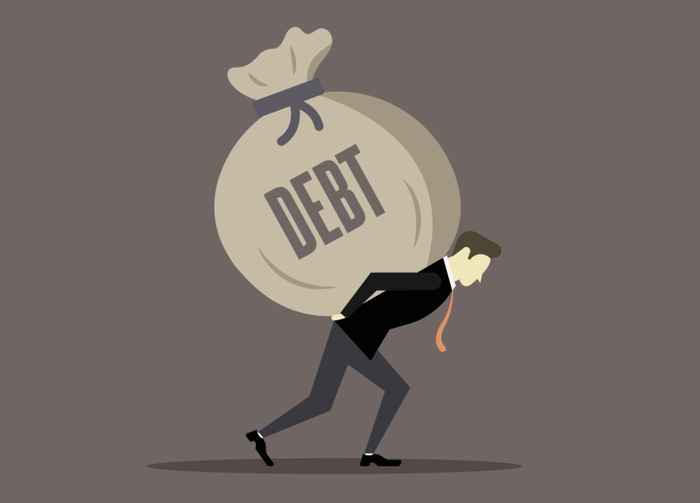Why we need to restructure sovereign debt
Amsterdam Law School
18 June 2024

What sparked your interest in sovereign debt?
‘I’m Nigerian, and my country, like most developing countries, struggles with debt. The topic fascinated me during my studies, especially as I watched Argentina’s struggles with holdout creditors in the course of its debt restructuring at that time. Why do some creditors impede sovereign debt restructuring? It also motivates me to help restore the power imbalance at play.’
What is the current problem with sovereign debt?
‘The problem arises when the size of sovereign debt becomes difficult for a country to manage. It is then necessary to restructure the debt. If that doesn’t happen, the country may default on the debt. That’s bad news for a country. A default would typically shut the defaulting country out of the international capital market or raise its borrowing costs. To prevent this, countries must approach their creditors to restructure the debt. They can agree on how to make the debt burden more manageable. For example, they might agree that the debt can be paid off in 20 years instead of 10. However, some creditors may refuse to participate in this restructuring exercise and may go to court to prevent the restructuring of the debt. Courts have historically sided with these so-called holdout creditors, but the legal basis of their judicial victories have been questioned.’

These funds make fat profits from poor countries and benefit from them going in default
Why is it so important to restructure sovereign debt if needed?
‘If the court agrees with the creditors, the country in debt will no longer be able to continue building roads, airports, schools, or other development purposes for which it contracted the debt. Holdout creditors have historically made a lot of money via litigation in courts at the expense of the sovereign debtor. Not only is that country unable to utilize the funds it has borrowed, but it may also be shut out of international capital markets. This is particularly a problem for developing countries since they are the ones that suffer the most from a heavy debt burden. Every now and then, the burden is so heavy they need to restructure. The law should not be used to frustrate that process in courts. In my thesis I argue that if the law applicable to relational contracts and good faith is applied correctly, creditors won’t be able to prevent restructuring sovereign debt in courts.’
How so?
‘I argue that sovereign debt is a relational contract between the country and creditors. That means that under English law the duty of good faith is applicable. I point out that the duty of good faith is violated when a creditor tries to stop restructuring the debt. The duty of good faith generally means that you must avoid actions that contradict the objective intent and legitimate expectations of the parties to a contract, which may deny them the fruits of that contract. Every party is obliged by law to avoid actions that rob the other party from reaping the benefit of the contract. Countries borrow money to build roads, fund schools and do all sorts of things. If they are forced into default, they can no longer do these things.’
Is the country in debt also violating the duty of good faith by not paying off its debt in time?
‘The duty of good faith applies to both sides. But my thesis focuses on the side of the country in debt.’
Will this prevent creditors from entering these contracts and loaning money in the future?
‘That has been the argument of some in the market who are sympathetic to the business and practice of holdout creditors. However, the vast majority of creditors are not opposed to restructuring unsustainable sovereign debt. Some powerful hedge funds, including the so-called “vulture creditors” do object. These funds specialize in targeting the distressed debt of poor countries to make maximum profit. They have made profitable use of weaponizing the law and practice of sovereign debt against poor countries. These funds make fat profits from poor countries and benefit from them going in default. Then they argue that the market ought to normalize their behavior.’
Why don’t countries avoid entering contracts with vulture funds?
‘Because in today’s debt capital markets, sovereign bonds constitute a significant and critical source of most countries’ debt stock. These bonds are easy to trade-off in the secondary markets. Ghana, for instance, cannot control who ultimately holds its bonds once they are issued. Vulture funds and other holdout creditors take advantage of that. They seek out countries in trouble, sweep up the debt, go to court, refuse to restructure, and say they want their money right now. A power imbalance is already at play when a country enters a debt. Developing countries are not able to dictate the terms of these contracts. I argue that creditors should at least not abuse their power in court.’